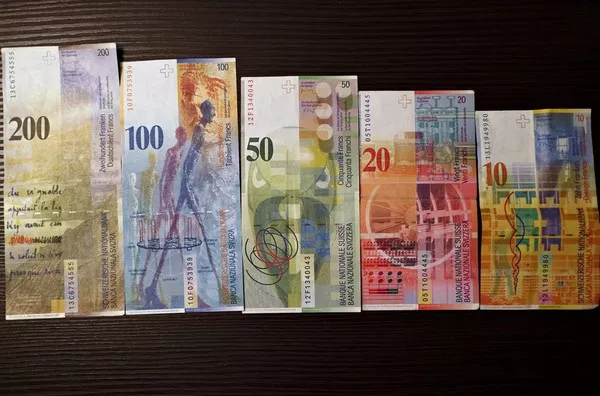In the vast world of currencies, the Swiss Franc (CHF) stands out as one of the strongest and most stable. Despite Switzerland’s small size and neutral stance in global affairs, the CHF has consistently proven its resilience, attracting investors and confounding financial experts alike. This article aims to dissect the underlying factors that contribute to the strength of the Swiss Franc, analyzing its economic fundamentals, historical context, and unique geopolitical position.
1. Switzerland’s Economic Stability:
One of the primary reasons behind the CHF’s strength is Switzerland’s robust economy. The country boasts a high standard of living, low unemployment rates, and a well-functioning financial system. Switzerland is known for its strong banking sector, which attracts both domestic and international investors seeking stability and security. The nation’s prudent fiscal policies, low inflation rates, and sound monetary management by the Swiss National Bank (SNB) also contribute to the CHF’s strength.
2. Safe-Haven Status:
The Swiss Franc has long been regarded as a safe-haven currency during times of global uncertainty. Investors often flock to the CHF during periods of economic turbulence or geopolitical instability due to its reputation for stability, security, and political neutrality. This flight to safety strengthens the demand for the CHF, driving up its value relative to other currencies.
3. Sound Monetary Policy:
The Swiss National Bank plays a vital role in shaping the strength of the CHF. With a mandate to ensure price stability, the SNB employs an independent and proactive approach to monetary policy. It intervenes in foreign exchange markets to prevent excessive appreciation or depreciation of the CHF, thereby maintaining a stable and competitive currency. The SNB’s interventions, coupled with its negative interest rates and willingness to employ unconventional measures, help preserve the CHF’s strength.
4. Trade Surplus:
Switzerland is renowned for its export-oriented economy and strong trade surplus. The nation’s precision engineering, pharmaceuticals, and financial services sectors are major contributors to its export prowess. A trade surplus means that Switzerland exports more goods and services than it imports, leading to a net inflow of foreign currencies. This influx of foreign capital further reinforces the Swiss Franc’s strength.
5. Fiscal Discipline and Sovereign Wealth:
Switzerland’s commitment to fiscal discipline is another factor bolstering the CHF. The country maintains strict budgetary rules, ensuring limited government debt and responsible spending. Additionally, Switzerland possesses substantial sovereign wealth reserves accumulated over the years. This wealth provides a cushion during economic downturns and underpins the CHF’s stability.
6. Historical Factors:
The historical context of the Swiss Franc cannot be overlooked when discussing its strength. Switzerland has cultivated a reputation for financial security and political neutrality over centuries. The country has not participated in armed conflicts since 1815, avoiding the devastation experienced by many other nations. Its long-standing tradition of upholding privacy laws in the banking sector has also contributed to the CHF’s allure among international investors.
Conclusion:
The strength of the Swiss Franc (CHF) can be attributed to an array of factors, including Switzerland’s economic stability, safe-haven status, sound monetary policy, trade surplus, fiscal discipline, sovereign wealth reserves, and historical reputation. The convergence of these elements has created a currency that consistently outperforms its peers and offers stability in an ever-changing global landscape. While the strength of the CHF presents benefits for Switzerland, such as increased purchasing power and lower import costs, it also poses challenges, including potential difficulties for exporters due to an expensive currency. Understanding the dynamics behind the strength of the Swiss Franc allows us to appreciate the complex interplay between economics, geopolitics, and historical context in shaping the value of a currency.


